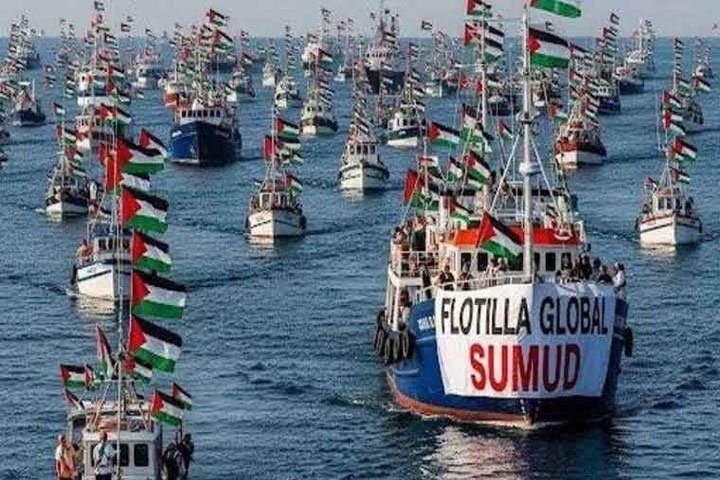Editorial
Pakistan’s struggle to secure its borders remains a critical issue, with smuggling playing a central role in undermining the nation’s economic stability and governance. The unchecked movement of terrorists, illicit goods, narcotics, weapons, and untaxed commodities has drained national revenue, eroded state authority, and fueled instability. Weak border control systems, compounded by corruption and the protection of smuggling networks, have created an environment where illicit trade thrives, diminishing public trust in governance.
Acknowledging the urgency of this issue, Pakistan has announced the creation of a National Targeting Centre (NTC), inspired by the successful models implemented under the United Nations Office on Drugs and Crime (UNODC). The NTC will use advanced technologies and intelligence-driven strategies to manage passenger and cargo movements, addressing the limitations of traditional border enforcement. This approach mirrors successful international efforts, such as UNODC’s Container Control Programme (CCP) and the Airport Communication Programme (AIRCOP), which have intercepted illicit goods and narcotics globally.
The NTC’s success will rely heavily on real-time data analysis, inter-agency cooperation, and regional partnerships. By fostering collaboration between customs, law enforcement, and immigration agencies, the NTC can tackle issues like smuggling, human trafficking, and money laundering. Pakistan’s existing systems, such as the Pakistan Single Window (PSW) and Integrated Risk Management System (IRMS), provide a solid foundation for the NTC.
Pl, watch the video and subscribe to the YouTube channel of republicpolicy.com
However, several foundational challenges must be addressed before implementation. Pakistan must assess gaps in its border management systems, revise legal frameworks, strengthen criminal provisions, and enhance the skills of border personnel. Corruption remains a significant hurdle, with smuggling networks exploiting corrupt officials to facilitate their operations. Addressing corruption through accountability mechanisms is vital.
The NTC’s success will also depend on international cooperation and the sharing of best practices with regional and global partners. By investing in advanced technologies and capacity-building initiatives, Pakistan can strengthen its border security and, in turn, enhance economic stability and governance. However, a phased approach is essential to ensure the center’s sustainability and effectiveness in curbing smuggling and other transnational crimes.















